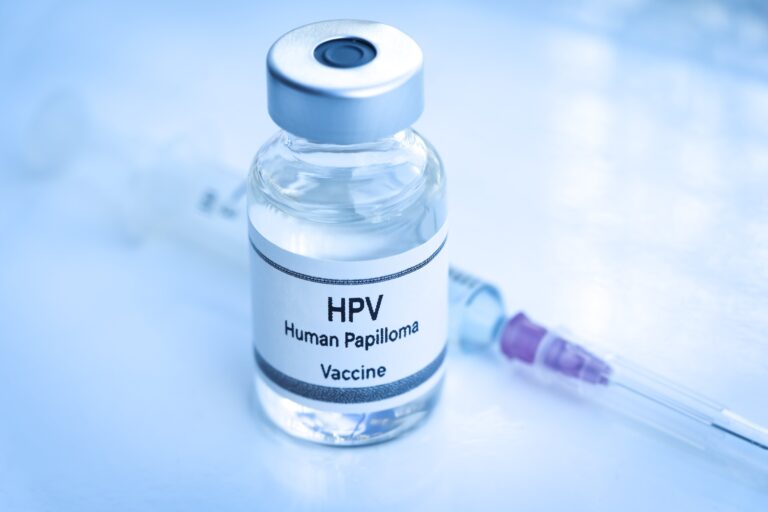KATHMANDU: In a significant step towards combating cervical cancer, the Ministry of Health and Population has launched a nationwide campaign providing free Human Papillomavirus (HPV) vaccinations to girls aged 10 to 14. The campaign, which coincides with World Cancer Day, officially begins today and will run until February 18, 2025.
A Major Public Health Initiative
Cervical cancer remains one of the leading causes of cancer-related deaths among women in Nepal. The government’s latest vaccination drive aims to protect young girls from the virus that causes nearly all cervical cancer cases. According to health officials, this initiative is a critical measure in reducing long-term health risks and ensuring a healthier future for women in Nepal.
Campaign Scope and Implementation
The campaign targets approximately 1.7 million girls across the country, with the government specifically aiming to vaccinate 1.688 million girls. The initiative will primarily focus on students in grades 6 to 10 and non-school-going girls within the eligible age range.
To ensure accessibility, the Ministry has set up 18,900 vaccination centers in schools and an additional 8,200 vaccination points in local health facilities. This extensive network will make it easier for eligible girls to receive their doses without financial or logistical barriers.
Nationwide Coordination and Manpower Deployment
Dr. Prakash Budhathoki, spokesperson for the Ministry of Health and Population, emphasized the campaign’s thorough planning and execution. “We have already conducted a successful pilot program. The Ministry, in collaboration with local agencies, has worked extensively to make this vaccination campaign as effective as possible,” he stated.
To carry out the vaccinations efficiently, the government has mobilized:
- 27,080 health workers for administering the vaccine,
- 54,160 volunteers to assist with awareness and logistics,
- 15,674 supervisors to ensure smooth operations and proper record-keeping.
This large-scale deployment highlights the government’s commitment to reaching every eligible girl and ensuring that no one is left out or mistakenly given multiple doses.
Importance of HPV Vaccination
HPV is a common virus that spreads through skin-to-skin contact, with certain strains leading to cervical cancer. The World Health Organization (WHO) and global health experts strongly advocate HPV vaccination as a primary preventive measure. By vaccinating girls at an early age, before potential exposure to the virus, the risk of developing cervical cancer later in life is significantly reduced.
In Nepal, cervical cancer accounts for a significant percentage of female cancer cases. With limited access to routine screening and treatment, prevention through vaccination becomes even more crucial.
Community Involvement and Awareness
Alongside the vaccination campaign, the government and health organizations are conducting awareness programs to educate parents, teachers, and community leaders about the importance of the HPV vaccine. Public service announcements, school meetings, and social media campaigns are being used to encourage participation and dispel misconceptions about the vaccine.
Parents are being urged to take advantage of this free initiative, ensuring that their daughters receive protection against a preventable disease. Schools are also playing a crucial role by facilitating vaccine administration and providing necessary information to students and guardians.
Future Plans for HPV Vaccination
This campaign is a stepping stone toward integrating HPV vaccination into Nepal’s regular immunization program. If successful, the government plans to continue providing HPV vaccines to future age groups, ensuring that cervical cancer prevention becomes a routine healthcare measure for young girls nationwide.
For more updates on this initiative and other important news in Nepal, visit Nepal Monitor, your trusted source for reliable and timely information.
The launch of free HPV vaccinations for girls aged 10 to 14 marks a historic moment in Nepal’s fight against cervical cancer. By investing in preventative healthcare, the government is not only safeguarding young girls but also taking a crucial step toward reducing the overall burden of cancer in the country. As the campaign unfolds, authorities encourage parents and communities to support the initiative, ensuring a healthier future for Nepal’s next generation.


